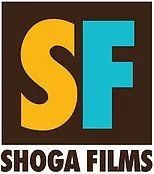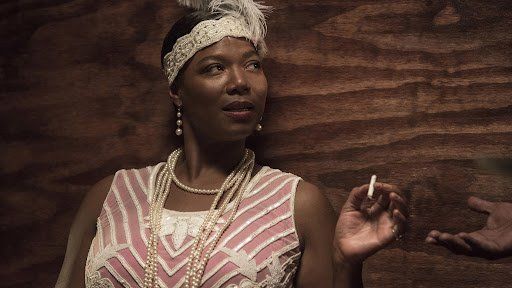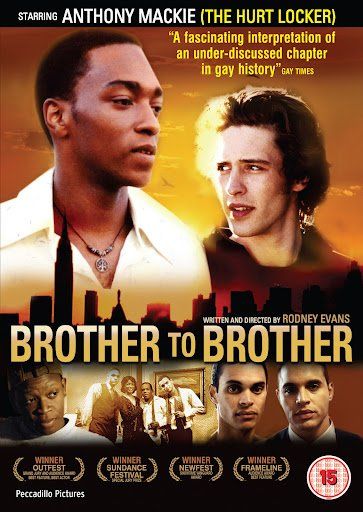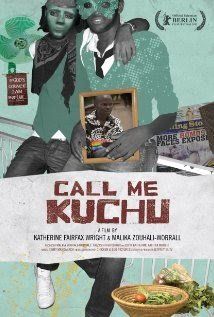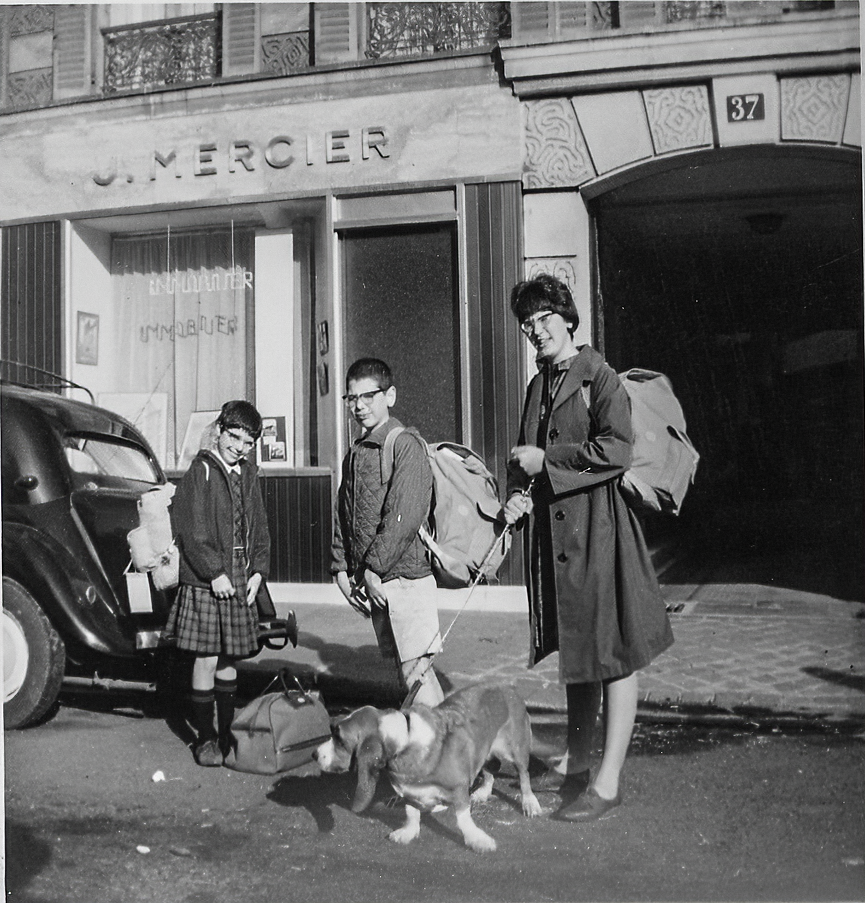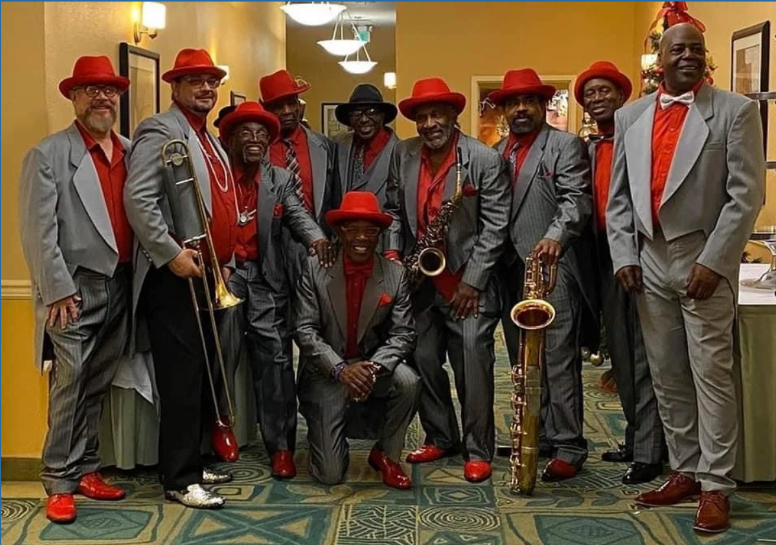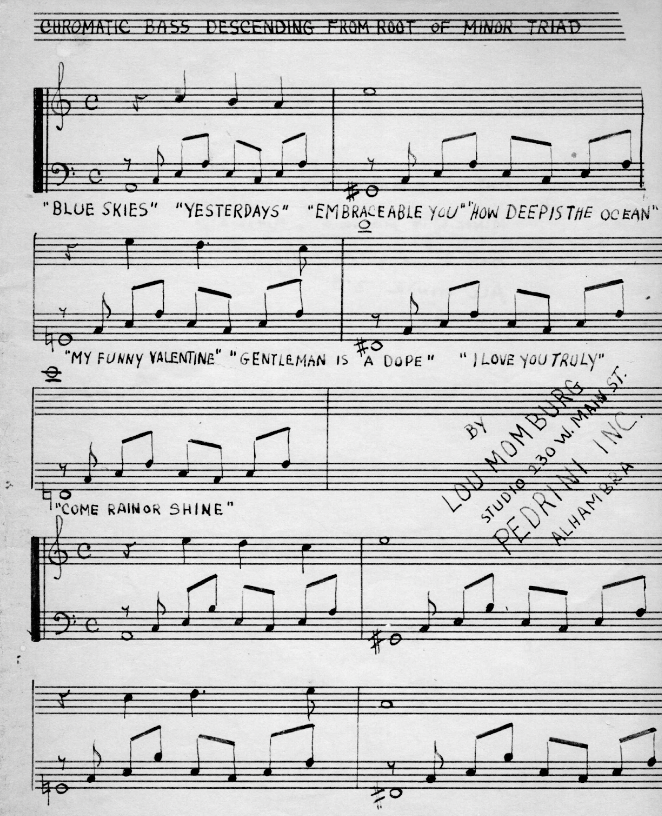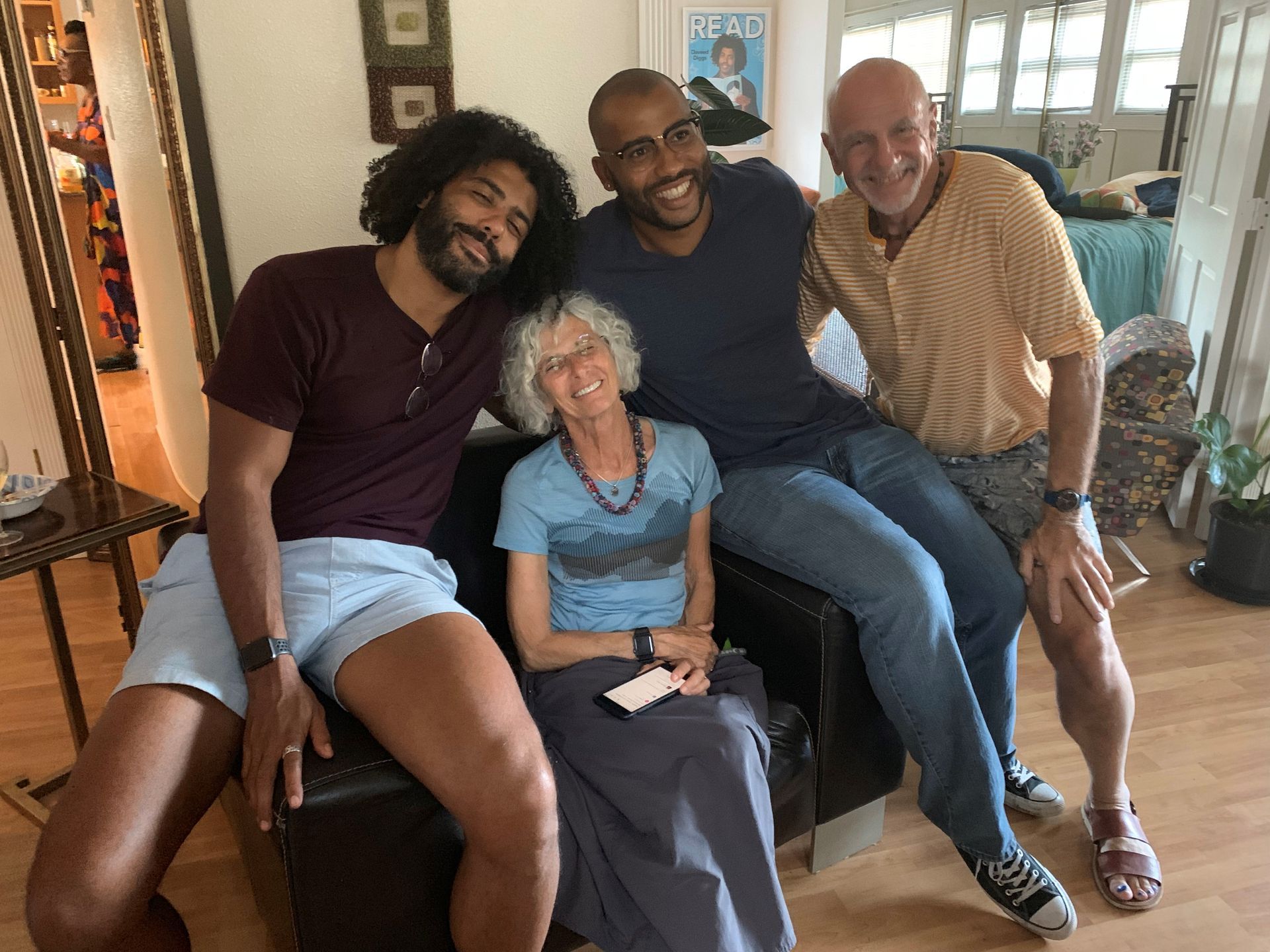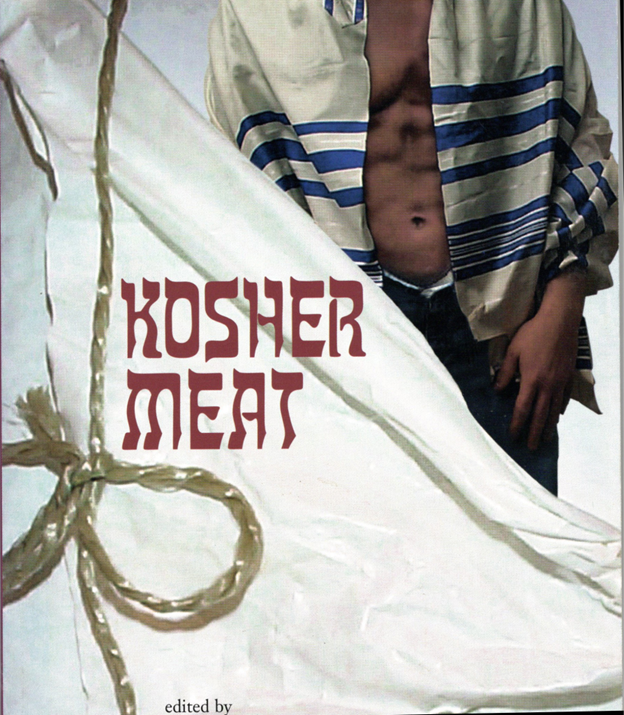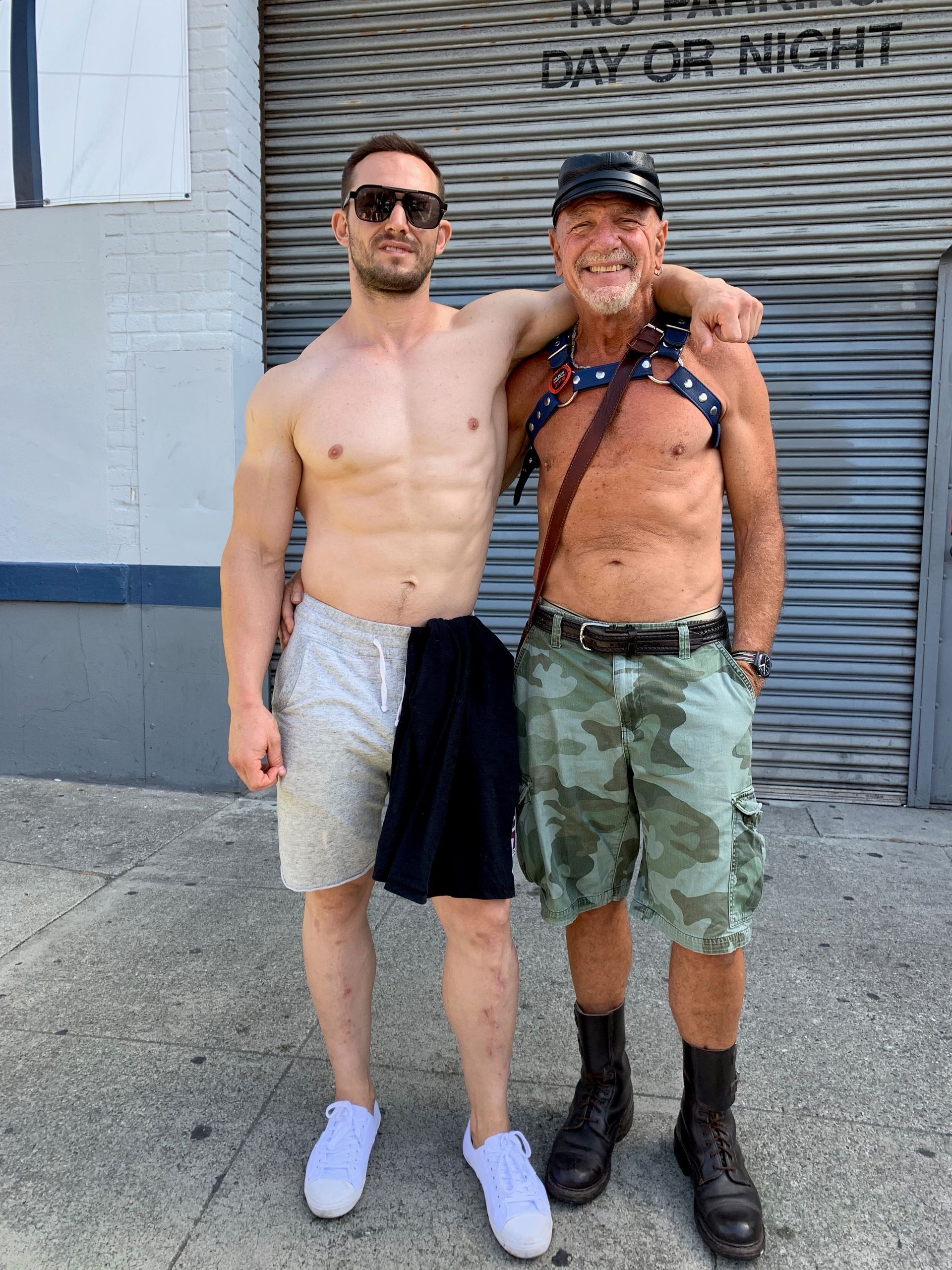SHOGA BLOGS & ESSAYS
Shoga Blogs and First Person Essays are an eclectic mix of history, race, music, Black queer movies and more. On occasion, they're about Dr. Philipson's pet peeve of the day. We can't guarantee the topics, but we can guarantee that the writing is always top-notch!
In PROFESSORIAL FORAYS, Dr. Philipson writes about queer Black history, the Harlem Renaissance, Black-Jewish interrelations, the perils and pleasures of allyship, and sometimes his pet peeve of the day.
SHOGA LENS
focuses on films featuring queer Black characters used to be a rare phenomenon. Now they're everywhere, but we have a particular perspective that you won't find anywhere else.
In FIRST PERSON ESSAYS, Dr. Philipson writes about his personal thoughts and experiences.
PROFESSORIAL FORAYS
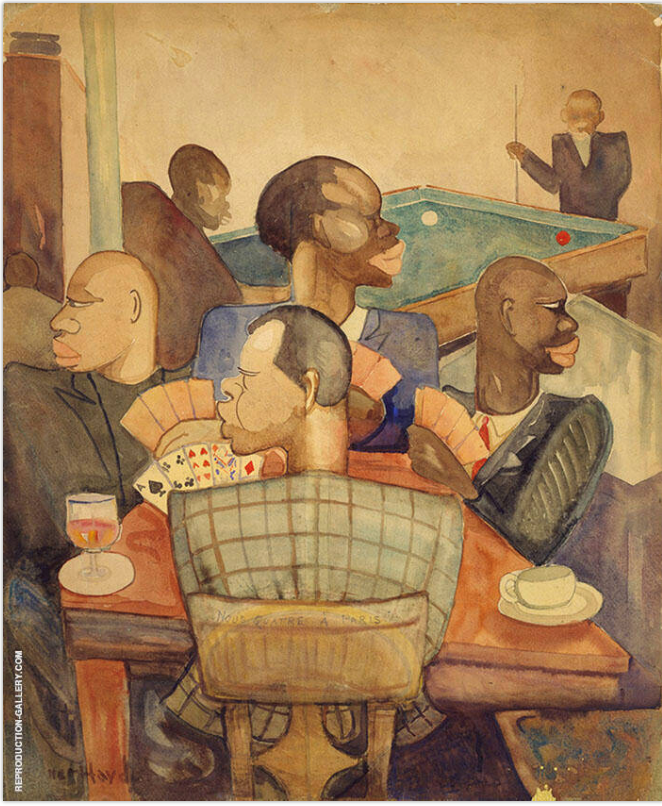

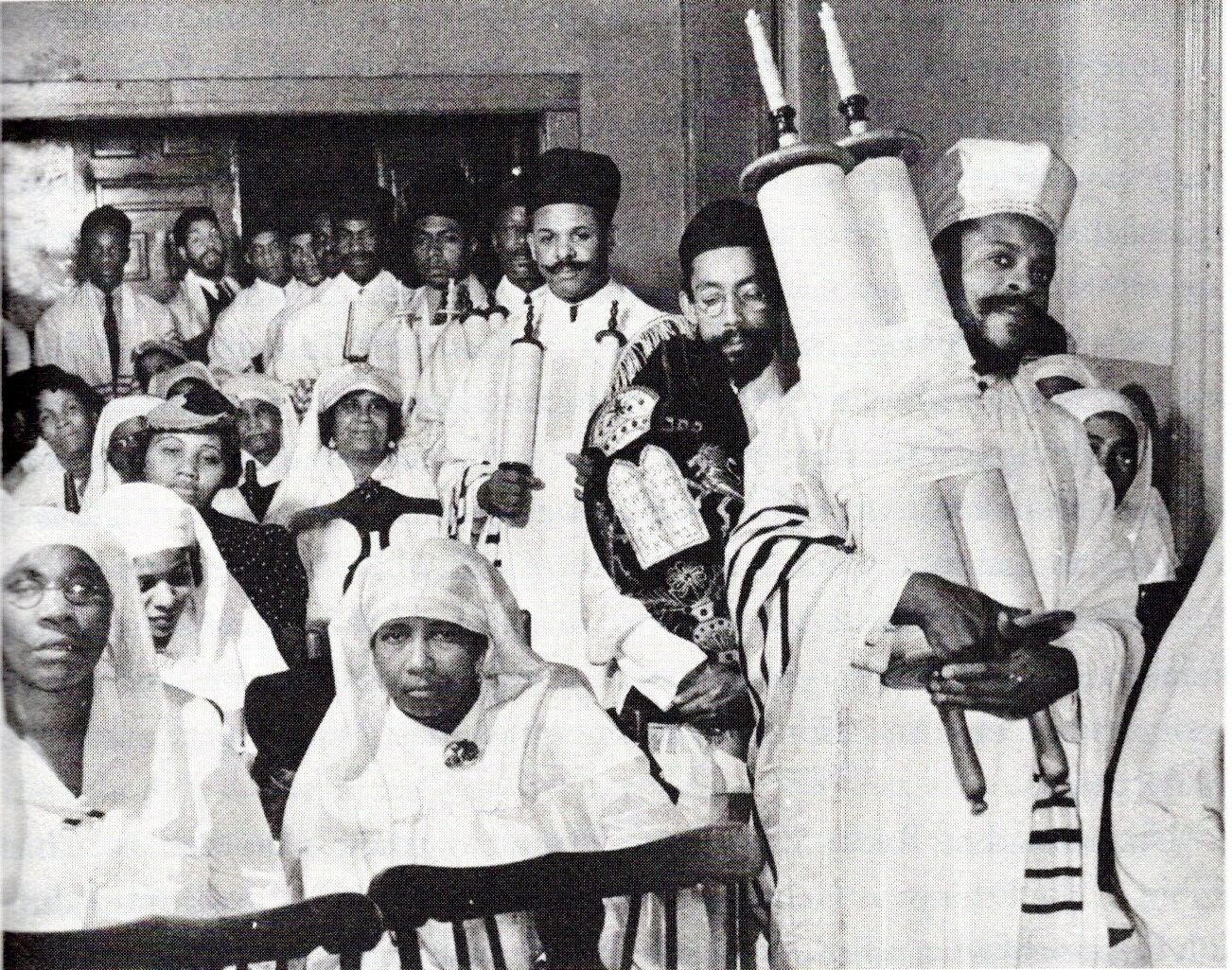
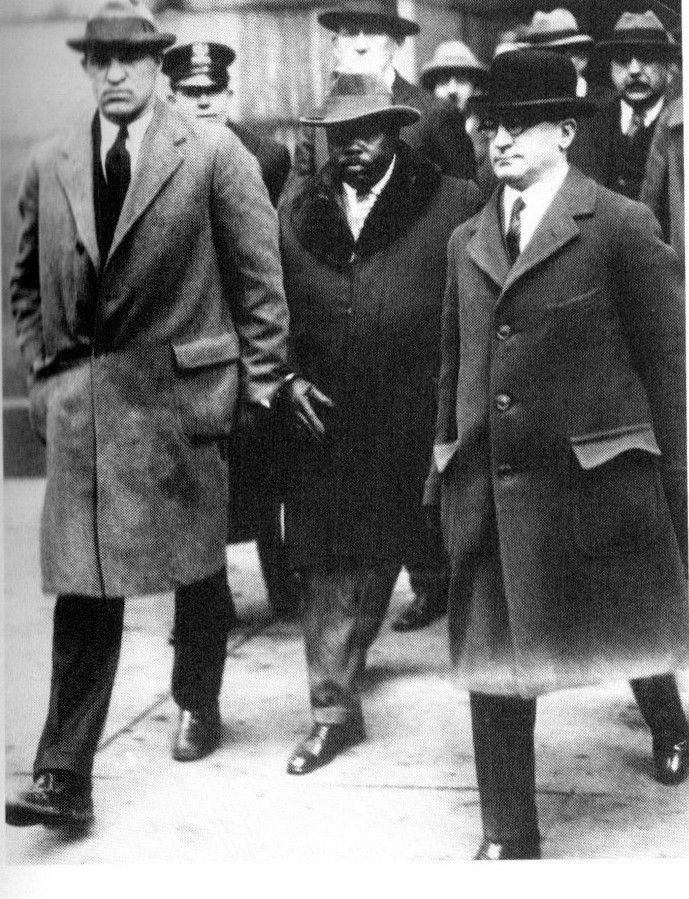
SHOGA LENS
FIRST PERSON ESSAYS
-
Aliyah Holds No Allure for Me
Button -
A Basset in Paris
Button -
Distant Echoes of the Holocaust
Read MoreREAD MORE
-
Fear of a Little Black Dress
ButtonWhen I was coming out in the Stone Age of the 1980s, drag was not well understood (at least by me) or widely accepted, even in the gay community. Drag shows were always part of the gay ecosystem, but, to my mind, they carried the scent of marginality and desperation absorbed during the wilderness years before Stonewall. I couldn’t imagine drag as defiant or empowering or as an act of reclamation.
Not that I knew or talked to any drag queens. Effeminate behavior scared the crap out of me; I didn’t want to be associated with it. They’re freaks! That’s not me! Of course, this was internalized homophobia deeply inculcated by my straight upbringing, but I didn’t have the self-awareness to recognize the toxicity of scorning drag queens – something that I could share with my straight counterparts. The solidarity of bigots was itself a bulwark against any accusations of effeminacy that might be leveled against me.
I wouldn’t dream of wearing a dress or make-up. My occasional attempts to act campy for the purposes of humor were just as awkward and pathetic as when straight men tried it. I had no sympathy for it and made no attempt to understand drag queens. I remember being asked by one, “Are you a Judy girl or a Barbara girl?” “Neither!” I silently screamed, but I knew what she was talking about. My butch persona was compromised!
Of course, there were cracks in the wall of homophobia I had inherited. A beautiful male body could trump everything else. I briefly dated a dedicated gym rat in DC who was magnificently masculine until he opened his mouth or moved his body. We were riding bikes together one day, and I playfully shot him with the compressed air hose we were using to inflate our tires. He screamed like a woman. I met a handsome Latino man whom I bedded pretty quickly, and it was only afterward that I discovered he was one of the Sisters of Perpetual Indulgence.
These were anomalies - or so I thought. Then I learned about the heroic work the Sisters of Perpetual Indulgence had done during the worst days of the AIDS plague. Though I still rarely frequented drag venues or made any friends who were drag performers, I began to appreciate the rapier agility of a snap queen’s comeback. ("I'd slap you, but that would be animal abuse.") And then I discovered how deeply pleasurable it was to say, “Guurrlll, you didn’t!” As I settled into my gay identity, one of my liberating discoveries was: “I’m a faggot! I don’t have to worry about my masculinity.”
Mediating influences also bore in on me from early classics of the stage and screen. Craig Russel, star of the Canadian independent film Outrageous (1977), astonished me with his mimicry of Judy, Barbara and multiple other divas. Like the rest of America, I fell in love with Anna Madrigal in the 1993 mini-series, Tales of the City. The following year brought The Adventures of Priscilla, Queen of the Desert and its humanization of drag queens and trans women. My God, even hunky super-masculine Wesley Snipes turned in a credible drag performance in To Wong Fu … (1995)!
The Broadway musical, the gayest of all genres, made outsized contributions towards acceptance with La Cage aux Folles in 1983. La Cage introduced America to a screaming queen who was part of a strong and loving gay relationship. If his butch partner and straight son could accept him as worthy of love, why couldn’t we? Of course, Albin’s effeminacy was mocked and used for the purposes of humor, but he was ultimately a sympathetic character, not one who was doomed to a loveless old age or conveniently killed to satisfy some Hayes code nonsense. Albin’s gay anthem, sung in full drag, became our gay anthem – butch, femme, fluid. It didn’t matter.
In the dark days of 2008 following the passage of California’s Proposition 8, which reversed legal same-sex marriages in that state for the next five years, I found myself in a crowd of angry queers led by the MC -- in drag -- to sing:
I am what I am
And what I am needs no excuses
I deal my own deck
Sometimes the ace sometimes the deuces
It's my life that I want to have a little pride in
My life and it's not a place I have to hide in
Life's not worth a damn til you can shout out
I am what I am
And, yes, I teared up! I was a fag, and I could cry without shame.
In short, I got over it. To be clear, I didn’t start wearing eyeliner or seek out the company of drag queens (my loss), but I had finally dug out the piece of internalized homophobia that hadn’t allowed me to recognize our commonality. If they were hated publicly, I was hated too. “A fag is a homosexual gentleman who has just left the room,” as Truman Capote famously observed.
When the San Francisco Frontrunners announced their annual Little Black Dress run a (coyly vague) number of years ago, I jumped at the chance to rummage through the local Goodwill. And, wouldn’t you know?, I found the perfect confection – minus the string of pearls that I couldn’t risk losing during the run. (And the shoes! O Mary!) But it was my seal into the sisterhood. How could I resist the allure of drag when I looked so fetching in my little black dress?
-
Growing Up Clueless
Button -
I Translate Black Nationalism For the State Department
ButtonThe title, though factually accurate, is a bit misleading. From 1980 to 1985, I worked occasionally as a contractor, taking French-speaking visitors from Africa and the Caribbean around the U.S. on five-week tournees under the auspices of the International Visitors Program. The idea was to select people mid-career from the public and private sectors, show them America touristically and through the prism of their professional activities, and assume that they would be well disposed towards the U.S. as they advanced in their careers. It was soft propaganda, and the local programming agencies were given complete latitude in organizing itineraries and appointments.
One of these agencies, Operation Crossroads Africa, specialized in programming for Black visitors, and more often than not, because I spoke French and had lived in francophone Africa, I worked for them as the escort interpreter for the small groups of visitors they put together. This could be exhausting because all communication between Americans and my three or four visitors was channeled through me, from translating policy presentations at the Department of Agriculture to explaining menus and forcing my visitors to leave tips (an unknown and unnatural practice to them) in restaurants. At the end of the day, my fuses were blown.
But it was also exhilarating. I landed in rooms and heard conversations that I never would have experienced otherwise. Because my visitors were Black, I found myself in a Black Hartford nightclub dragooned into negotiations between one of my visitors and a lady he’d met with commercial intent. The three visitors brought to the U.S. in 1984 for the Republican convention looked closely at electoral politics and the various interrelations of state and local levels. This occasioned a 2-hour presentation from an aide to Tom Bradley, the first Black (and longest serving) mayor of Los Angeles, culminating in a photo op with the man himself.
These tournees always ended in New York City, which was big and various enough to cap any itinerary on any topic. Crossroads Africa had a special relationship with the Johnsons, a Black couple who made it a point to provide a reception and dinner for all Black visitors at their Harlem brownstone. After dinner, Mr. Johnson would lecture, sometimes stridently, on the evils that white America visited on its Black population. Thus, I found myself translating Mr. Johnson’s theories about how Black nationalism provided the only viable solution to the plight of the oppressed, a solution that called for greater cooperation between Mother Africa and her Black orphans.
Because the Johnsons spoke no French, they were not privy to the polite bafflement of my visitors. Certainly, they had seen that areas like Watts in Los Angeles were poorer than the rest of the city, but even these neighborhoods had reliable running water, electricity, paved streets, trash pickup – amenities that were not available to the majority of their own populations. And while in Dallas, where the Republican convention gleefully celebrated the nomination of Ronald Reagan to his second run, a bar-b-que hosted by The Links, a women’s benevolent society, and a reception given at the ostentatious home of the owner of Proline, a manufacturer of black beauty products, demonstrated a level of Black wealth and influence that belied – or at least nuanced – the Johnsons’ narrative of crushing economic and societal racism.
As a translator, I had no opportunity to comment on the substance of the various discourses the visitors encountered during their information-packed sojourn. I might grimace internally at the celebratory salvos of a triumphant Regansim launched at the convention, but I was too busy finding French equivalents for “welfare queens” and “morning in America” to indulge or display my feelings.
Nonetheless, my visitors buttonholed me after the reception as we returned to our hotel in Midtown Manhattan. What did I think of the Johnson’s presentation? But this wasn’t my first rodeo, and I knew that any commentary I made would not only carry a lot of weight – I had been their companion and explicator of the American way for the past five weeks – but would probably get reported to the programming agency and perhaps to the State Department itself. (The visitors were always debriefed at the end of the program.) “I am not Black myself,” I replied, “so I really can’t evaluate the truth or accuracy of their remarks.”
This politically induced discretion would have served me well had I brought it into graduate school, where I specialized in African studies and Black literature. Alas, I had to learn that lesson over again in a new context. But that is a story for another day.
– Robert Philipson
-
I Uncover the Queer and Jewish Undercurrents of a Documentary Classic
Button -
My Aborted Jazz Career
Button -
My Ashkenazi Blinders
ButtonThe closest equivalent we have to the N-word as an ethnic slur is “kike,” which, while certainly meant to be wounding and offensive, isn’t very much used and contains nowhere near the dynamite of the former. Simply saying “Jew” with the right tone of contempt or hatred conveys the poison without recourse to a special word.
Nonetheless, “kike” is what we’ve got, and where does it come from? There are several theories that we needn’t go into here, but there’s agreement that the term originally surfaced in the wake of the millions of Eastern European immigrants who flooded the United States at the end of the 19th and beginning of the 20th centuries. In fact, some of the richer and more established Western European immigrants, somewhat appalled by this massive influx of benighted raggedy-ass Ostjuden, used the slur themselves as a marker of their difference and superiority.
In the American context, the major interethnic division was between (broadly speaking) “German” Jews (my father’s side of the family) and Eastern European Jews (my mother’s). Sephardic Jews? Never heard of them. Did I possess even a theoretical knowledge that there were Jews who didn’t look white? I don’t believe so. Like the proverbial fish who isn’t aware of the existence of water because that is his world and all he knows, I uncritically equated Jew with Ashkenazi. This unconscious bias was so strong that I filtered out any evidence to the contrary.
When I spent five months on s kinnutz in 1969 and toured Israel, I must have seen many non-Ashkenazi Jews, but I have no memory of them. Everybody on the kibbutz, the major players in the history of Zionism and of the kibbutz movement, were Ashenazi Jews. The Jews uprooted and incinerated during the Holocaust were Ashkenzi Jews. Hank Greenberg and Sandy Koufax were Ashkenazi Jews.
My literary studies didn’t help. All of the Jewish writers who were then in vogue and widely read were Ashkenazi Jews: Saul Bellow, Philip Roth, Isaac Bashevis Singer and Grace Paley. Bernard Malamud wrote many of his acclaimed short stories in a Yiddishsized English that glorified and memorialized that dying language. But only Ashkenazi Jews spoke Yiddish. I’d never heard of Ladino.
Finally my historical research brought other kinds of Jews into my ken. While writing about the “embrace” of Blacks and Jews occasioned by of Enlightenment thinking, I learned that the French 1790 decree granting civic emancipation applied only to the well-to-do more acculturated Sephardic Jews of Bordeaux, not to the poorer Yiddish-speaking Ashkenazi Jews of Alsace and Lorraine. (Although as the French Revolution progressed, these, too, were emancipated in 1791.)
Because of my specialization in African studies, I knew of the existence of Ethiopian Jews, but they were never more than a demographic oddity to me, even after that community had been so dramatically airlifted into Israel in 1991 and became a (discriminated and disadvantaged) part of Israeli society thenceforth. They didn’t come to the United States in significant numbers, and I referred to them as “falashas” (Amharic for “stranger” or “outsider”) without knowing that the term was pejorative.
Yet still, I was unaware of my Ashkenazi blinders. The two sons of my romantic partner during the '90s were the issue of their Black father and their Jewish mother. I never thought of them as Jewish, and the topic of our shared Jewishness never came up. Since they look Black by the peculiar racial codes of American society, that is how the world perceives them and mostly how they move through that world. In fact, because their mother made sure they received a Jewish education, they have a greater Jewish literacy than I do!
The older son has become quite famous as an actor and rapper, but he is never perceived as Jewish. Drake doesn’t acknowledge him as a colleague or co-religionist. But like Drake, Daveed rarely plays his Jewish card … with one major exception. At the behest of the Disney studios, he wrote and recorded a song destined to enter the slim musical offerings of this minor Jewish holiday, “Puppies for Hannukah.” (His autotuned but perfect delivery of the brucha draws from his mastery of both rap and Jewish literacy.)
So the blinders are off. I watched the amazing documentary Little White Lie, learned about the Lemba of Southern Africa, have been harangued on social media by Raven Schwam-Curtis, and shared a stage at the Philadelphia Jewish Film Festival with the founder of Jews in ALL Hues. I’ve been schooled. However, I will not watch the YouTube video of Sammy Davis, Jr., in full shtetl drag singing “If I Were A Rich Man” from Fiddler on the Roof. There are depths in my quest for multiculti authenticity to which I will not descend.
My Son, The Fegeleh
ButtonThe Three Stages of Gay Acceptance
Read MoreSHOGA FILMS is a 501(c) (3) non-profit production and education company. We create multimedia works around race and sexuality that are intended to raise awareness and foster critical discussion.
Contact Us
All Rights Reserved | Shoga Films
Stay Connected
Thanks for subscribing!
Please try again later.

